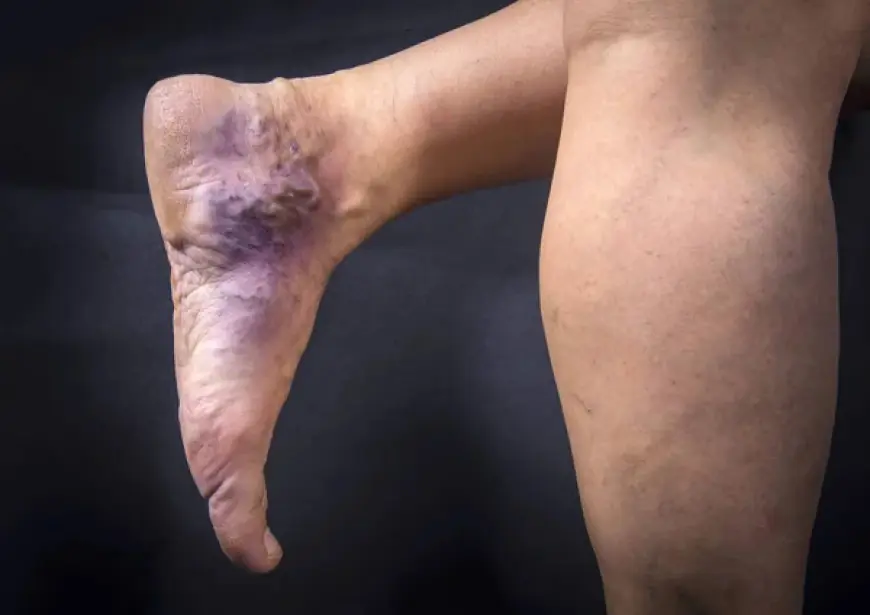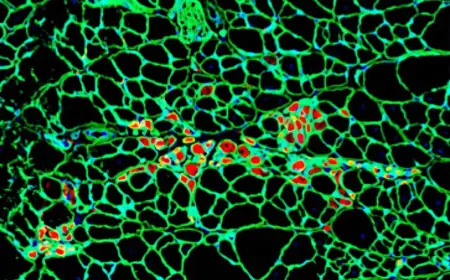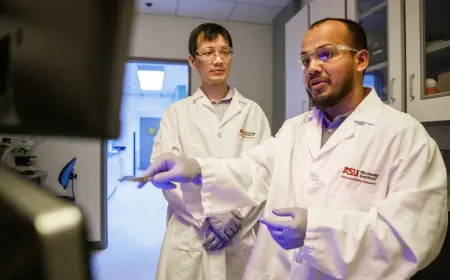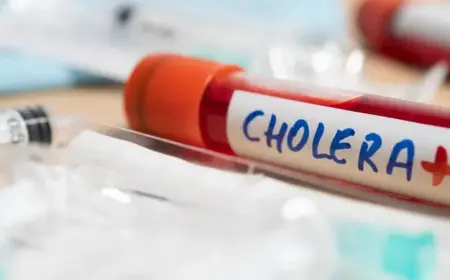A New Drug That Speeds Up Wound Healing in Diabetes Developed

Researchers at the University at Albany (USA) have developed an experimental drug that can block chronic inflammation and accelerate wound healing in people with diabetes. The findings were published in Cell Chemical Biology (CCB).
About the Drug
The new compound, called RAGE406R, is a low-molecular-weight molecule that inhibits intracellular reactions responsible for many diabetic complications. Unlike existing therapies that only control blood sugar levels, this drug specifically targets inflammation — a major cause of diabetic tissue damage.
Mechanism of Action
In diabetic patients, advanced glycation end products (AGEs) accumulate in the body and activate the RAGE receptor on cell surfaces. This triggers a cascade of reactions involving the protein DIAPH1, leading to chronic inflammation, vascular damage, and slow tissue regeneration.
RAGE406R prevents these molecules from binding to the receptor, interrupting the pathological process.
Research Results
The drug has shown promising results in tests on human cells and laboratory animals. It:
-
lowered inflammatory mediators in the blood of patients with type 1 diabetes;
-
accelerated wound healing;
-
reduced inflammation in mice with type 2 diabetes.
Future Plans
“RAGE406R targets a key signaling pathway linked to diabetes-related inflammation,” said Professor Alexander Schechtman, co-author of the study. “Next, we plan to study its mechanism using structural and molecular methods and prepare the drug for clinical trials.”



























